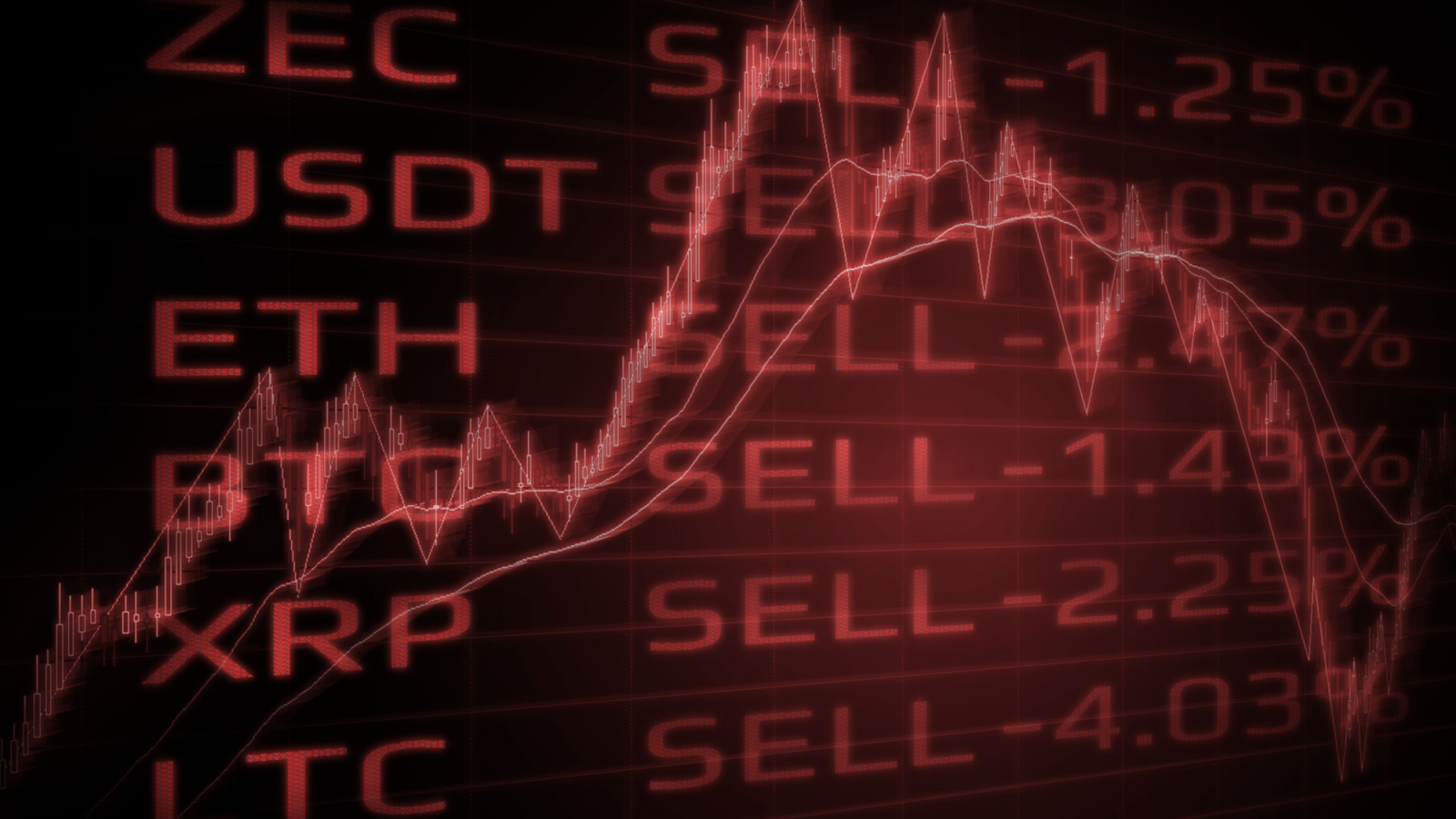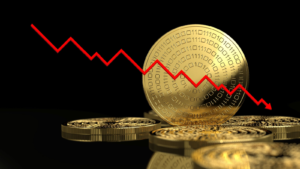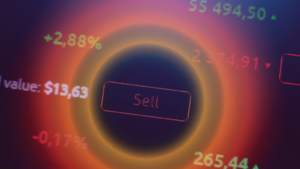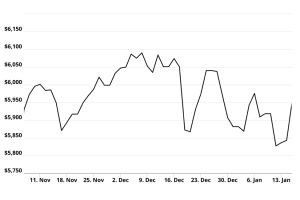
The cryptocurrency market continues to evolve while leading assets in the space including Bitcoin (BTC-USD) and Ethereum (ETH-USD) continue to increase in value. Both projects have utility and strong foundations, leading them toward broader acceptance overall. the traditional Financial system continues to warm to both, which should result in higher prices over the long term. Conversely, many of the same pundits continue to cool on the prospects of altcoins. many old coins were ill-conceived if not flat-out scams, and continue to fall and fail. Those that lack realistic road maps and are overvalued are cryptos to sell.
Let’s look at three such projects.
Dogecoin (DOGE-USD)

Dogecoin (DOGE-USD) Is a pioneering force in creating nothing out of nothing. The project pioneered the combination of memes and cryptocurrency and gained much traction. The project became so successful that it is currently the 9th most valuable cryptocurrency overall, with a market cap of $13.6 billion.
By now, most everyone understands that Dogecoin is a well-established joke that isn’t going anywhere. I don’t mean to imply that I think it has value or that anyone should invest in Dogecoin. Instead, Dogecoin is too powerful at this point to fail quickly. Dogecoin doesn’t have any real utility, but investors love to use it to gamble. There’s nothing wrong with that; it’s just that it isn’t ever going to be anything serious or useful. This makes it one of those cryptos to sell.
Investors need only look at the project’s roadmap and how it is described by management. The company says it will defer to the community’s whims in managing its way forward. Rather than make decisions, Dogecoin’s management intends to forge its direction through a series of open-sourced, community-based decisions. In other words, Dogecoin has no road map and will let its community members continue to pump money into it, take advantage of it, and do nothing.
ApeCoin (APE-USD)

ApeCoin (APE-USD) Is another overvalued, non-utilitarian cryptocurrency without much of a roadmap at all. It’s very hard to make it anywhere meaningful if you don’t have a destination in mind.
ApeCoin has fallen drastically over the past few years, and deservedly so. The project made its name and established its value on the rise of non-fungible tokens (NFTs). The Bored Ape Yacht Club put ApeCoin on the map. I will go out on a limb and say that the project will be one of the most heavily cited failures of the era. This makes it one of those cryptos to sell.
That said, the Bored Ape Yacht Club persists to the day. It continues to list a series of Bored Ape NFTs beginning at 29.75 ETH, and considering that Ethereum trades for more than $2,300, that’s an incredible amount of money. Let’s be honest here: a coin has no road map. Here is the company’s vision: “APECOIN epitomizes the idea of living a cleaner and or healthier environment. Technological developments have eased our lives in the last two decades.”
Pepe (PEPE-USD)

Pepe’s (PEPE-USD) roadmap is more of a series of wishes than anything else. It’s a list of project hopes to hit at some point in the future: 10K holders, 10K on Twitter, 10K on Discord, and many vibes.
There’s really no way to objectively argue that Pepe is or isn’t overvalued in terms of market cap. There’s more than $627 million of investor capital behind the project. However, the valuation of cryptocurrencies is fundamentally difficult. Pepe has no equivalent for one. Further, it also has no utility other than for pure speculation.
Essentially, investing in Pepe is unrealistic in most senses of the word. it’s not investing at all. instead, it’s gambling. The only thing I can say about Pepe is that I imagine many people have lost substantial sums of money to the project. The project began in April, spiked dramatically by early May, then cratered quickly. Many people must have gotten in at or near the peak and continue to suffer today. it’s just as unrealistic as any other meme crypto and should be avoided.
On the date of publication, Alex Sirois did not have (either directly or indirectly) any positions in the securities mentioned in this article. The opinions expressed in this article are those of the writer, subject to the InvestorPlace.com Publishing Guidelines.




